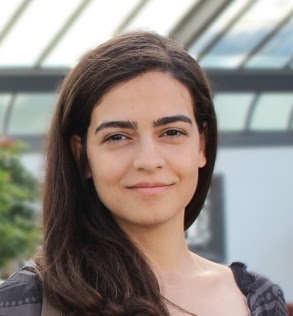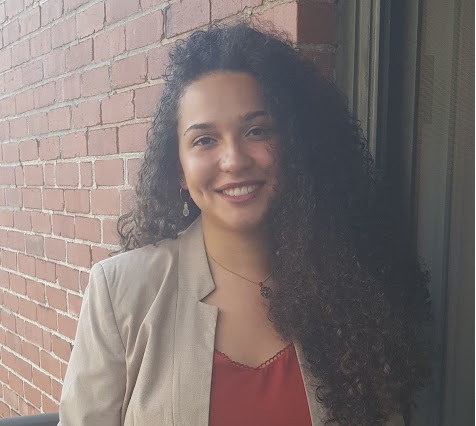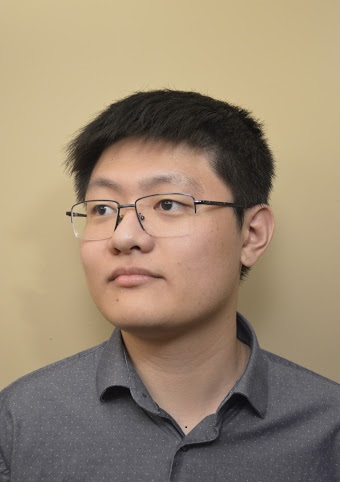ABOUT
Severe political polarization has serious impacts on society, ranging from legislative gridlock to violence like the storming of the US capitol. Our team aims to measure and understand what causes polarization and how it changes over time, particularly in relation to social media. By bringing together experts from both computer science and political science, we are using and developing cutting-edge algorithms, guided and validated by domain expertise. Combining these tools with large datasets we have collected, such as over 400 million tweets, we hope to shine new light on how polarization develops and evolves, and help society reduce adverse effects of hyperpolarization in the future.
TEAM
We believe bringing together data science and domain knowledge will lead to new breakthroughs.
The principal investigators are:
André Blais

André Blais is Professor in the department of political science at the University of Montreal where he is the University Research Chair in Electoral Studies, after holding two Tier I Canada Research Chairs in Electoral Studies. He is an elected fellow of the Royal Society of Canada, and a research fellow with the Centre for the Study of Democratic Citizenship (CSDC), the Centre interuniversitaire de recherche en économie quantitative (CIREQ) and the Center for Interuniversity Research Analysis on Organizations (CIRANO). Professor Blais is one of the world’s leading experts on voting behaviour and electoral systems.
Jean-François Godbout

Jean-François Godbout is a Professor in the Department of Political Science at the Université de Montréal who studies political institutions and democratic processes in Canada and the United States. You can find out more about his research by clicking here.
Reihaneh Rabbany

Reihaneh Rabbany is an Assistant Professor at the School of Computer Science, McGill University. She is a core faculty member of Mila - Quebec’s artificial intelligence institute, and a Canada CIFAR AI Chair. Her research is at the intersection of data mining and machine learning, with a focus on analyzing interconnected data, and social good applications. You can find out more about her research on reirab.com.
Aarash Feizi

Aarash Feizi is a PhD student supervised by Professor Rabbany and co-supervised by Professor Adriana Romero Soriano. His research is in computer vision and graph representation learning for social good.
Anne Imouza

Anne Imouza is a M.A. student in political science at Université de Montréal supervised by Professor Blais and co-supervised by Professor Rabbany. Her research focuses on public opinion, artificial intelligence and quantitative methods.
Gabrielle Desrosiers-Brisebois

Gabrielle Desrosiers-Brisebois is a M.A. student in political science at the Université de Montréal supervised by Professor Godbout. Her research interests focus on Canadian Politics, political institutions and political communication.
Jiewen Liu

Jiewen Liu is a B.A. student in Computer Science and Statistics at McGill University. His research is in the application of computational methods in cross-disciplinary research.
Kellin Pelrine

Kellin Pelrine is a PhD student supervised by Professor Rabbany. His research is in multimodal machine learning, with a particular focus on social good applications
Sacha Lévy

Sacha Lévy is an undergraduate student in Computer Engineering at McGill University, and a research assistant supervised by Professor Rabbany. His research focuses on data collection methodologies, and applied machine learning for social good.
Zachary Yang

Zachary Yang is a MSc student supervised by Professor Rabbany. His research is in applying machine learning to real world problems.
FUNDING
This project is supported by CIFAR through a CIFAR AI Catalyst Grant: Being Politic Smart in the Age of Misinformation.
For more information, please consult the CIFAR website.